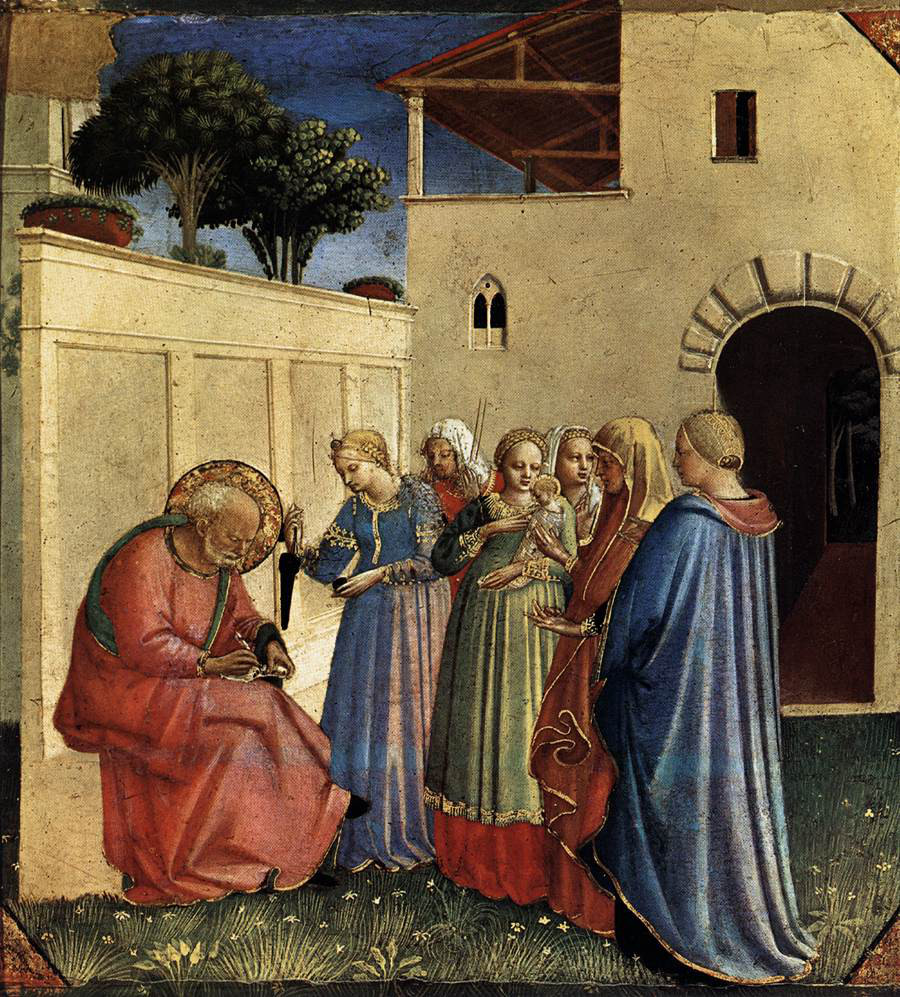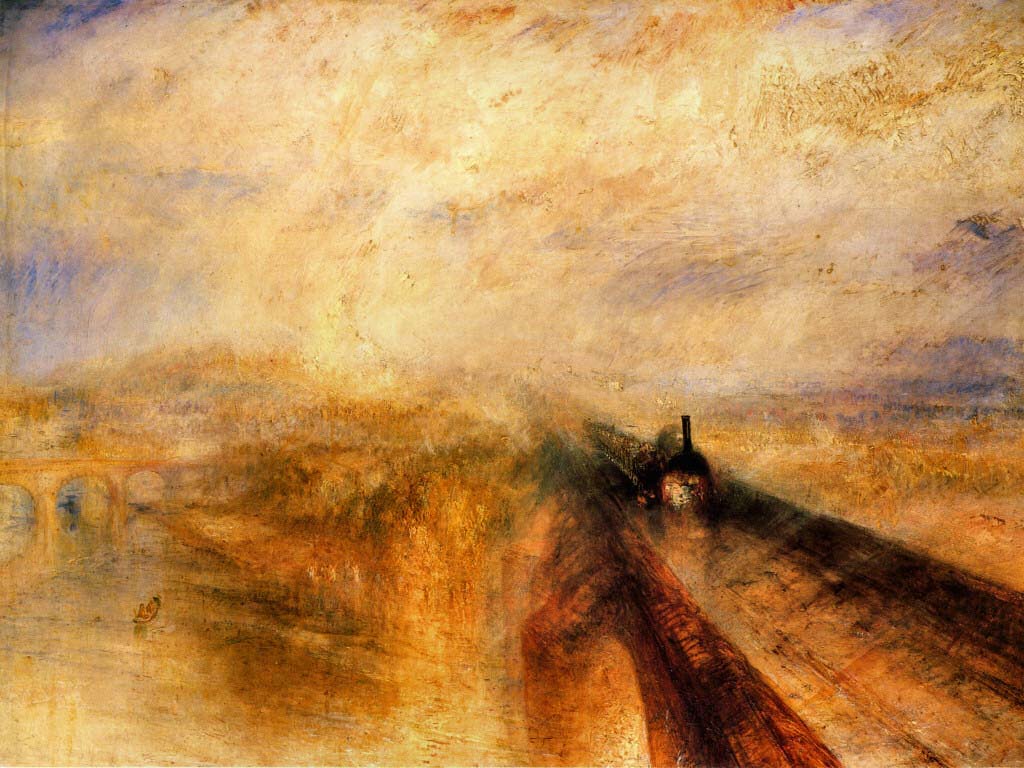Biography well written is like a window on another person's world, filtering borrowed light into our own. Human experience has so much, and so little in common. Yes we all eat and drink, laugh and cry, make love and make trouble, grieve and celebrate, are children and maybe parents, grow our hopes and see some of them flower or watch others wither, work hard for what we get and sometimes get what we never deserved or worked for. So much in common – and so little. Because who we are and what happens to us, the givens and circumstances over which we have no control, the choices that come to us and the choices we make, the contingencies and shocks and surprises that together give content to our story – these have infinite variety, endless possibility, and their contingency and happenstance are what make each life unique, each story different, every biography a novel in the making.
I'm re-reading one or two biographies, which means I want to re-visit one or two favourite human beings, mainly people whose life stories, in all their specific and unrepeatable contingency, illumine the rooms of my own life. The biography of Helen Waddell by Dame Felicitas Corrigan, a Benedictine nun, is a masterpiece of the biographer's art. This is quite simply one of the best written biographies I've read. The writing is both precise and elegant, the story is both critical and appreciative. The understanding and insight into the mind and motives, the emotional climate and intellectual brilliance of Waddell's inner life, give the portrait the detailed finesse of a Vermeer, observing and representing the realities of one person's daily life and inner struggles.
What is it that makes the translator of Medieval Latin Lyrics, the writer of the unlikely best-seller The Wandering Scholars, and the student of The Deset Fathers such a fascinating human being? This scholar poet was born in Tokyo to missionary parents, she revered Latin from age 9, was familiar with Greek poetry and visited Shinto Temples, a brilliant Graduate of Queen's Belfast, for 44 years friend of the English Literature doyen George Sainstbury, crammed lecture halls in Oxford, was close friends with Stanley Baldwin and received by Queen Mary. Later in life she became entangled in domestic cares, the demands of life during the Second World War, eventually overtaken by dementia, probably now diagnosed as Alzheimer's Disease. It is a life lived gloriously, and at times mundanely; a life of profound faith made joyful by a spirit of generosity and expansiveness; her mind endlessly curious, tenacious in pursuit of the beautiful the good and the true; soaked in history and the love of all things medieval. A scholar's life, but also the life of a deeply compassionate, imaginative, practical minded, occasionally eccentric, unfailingly interesting person.
I've read the book twice, and about to read it again. John Bunyan she disliked; Augustine she enjoyed. "Thou didst touch me, and I burned for thy peace..Too late have I loved thee. Beauty so old, and yet so new." Is there anything in Bunyan equal to that one sentence, she asked. Then after reading Pilgrim's Progress, she quotes Mr Standfast, "I have loved to hear my Lord spoken of, and wherever I have seen the print of his shoe in the earth, There I have coveted to set my foot". On reading that, Waddell conceded, " And I take back everything!. Reading this biography brings you into the company of two remarkably sharp intellects and just as remarkably capacious souls. Corrigan on Waddell, a coalescence of brilliance.



